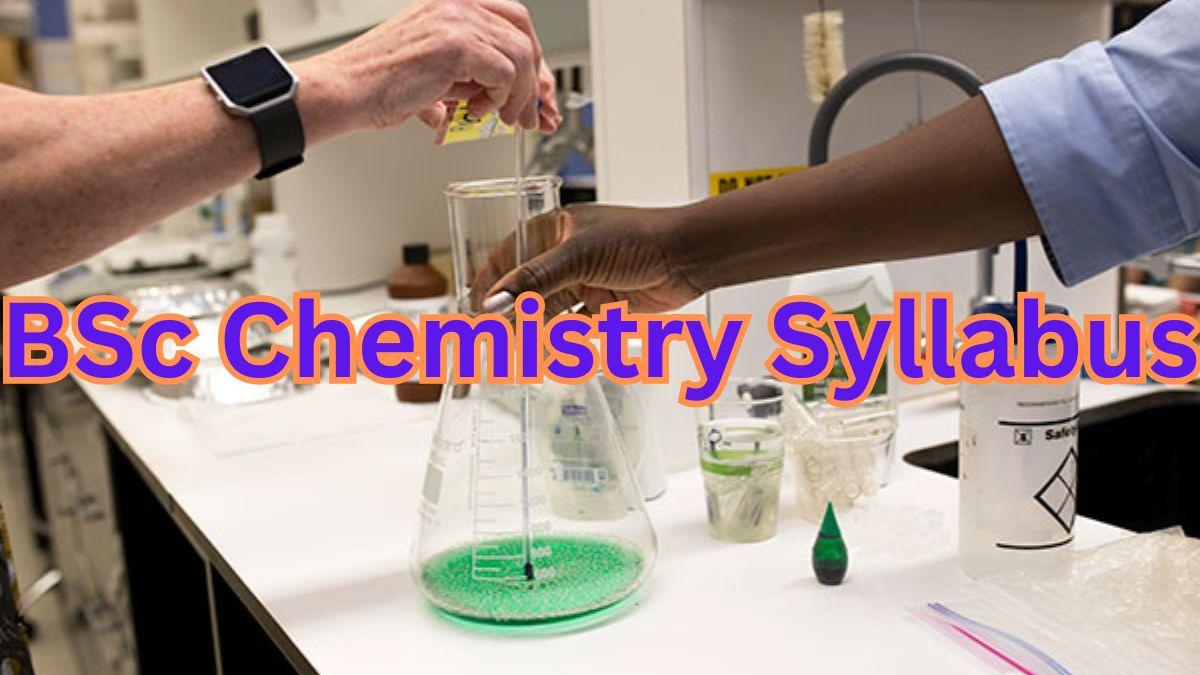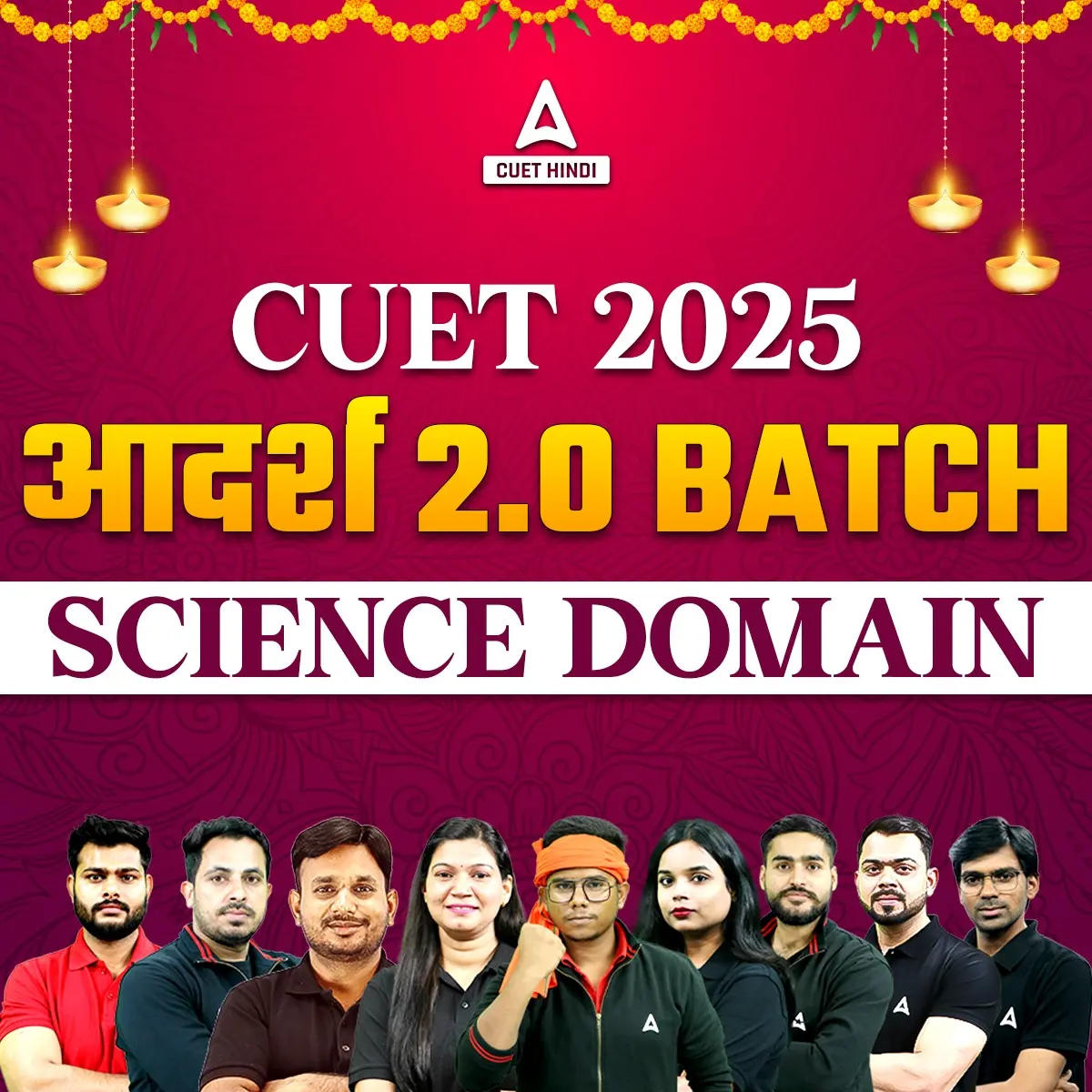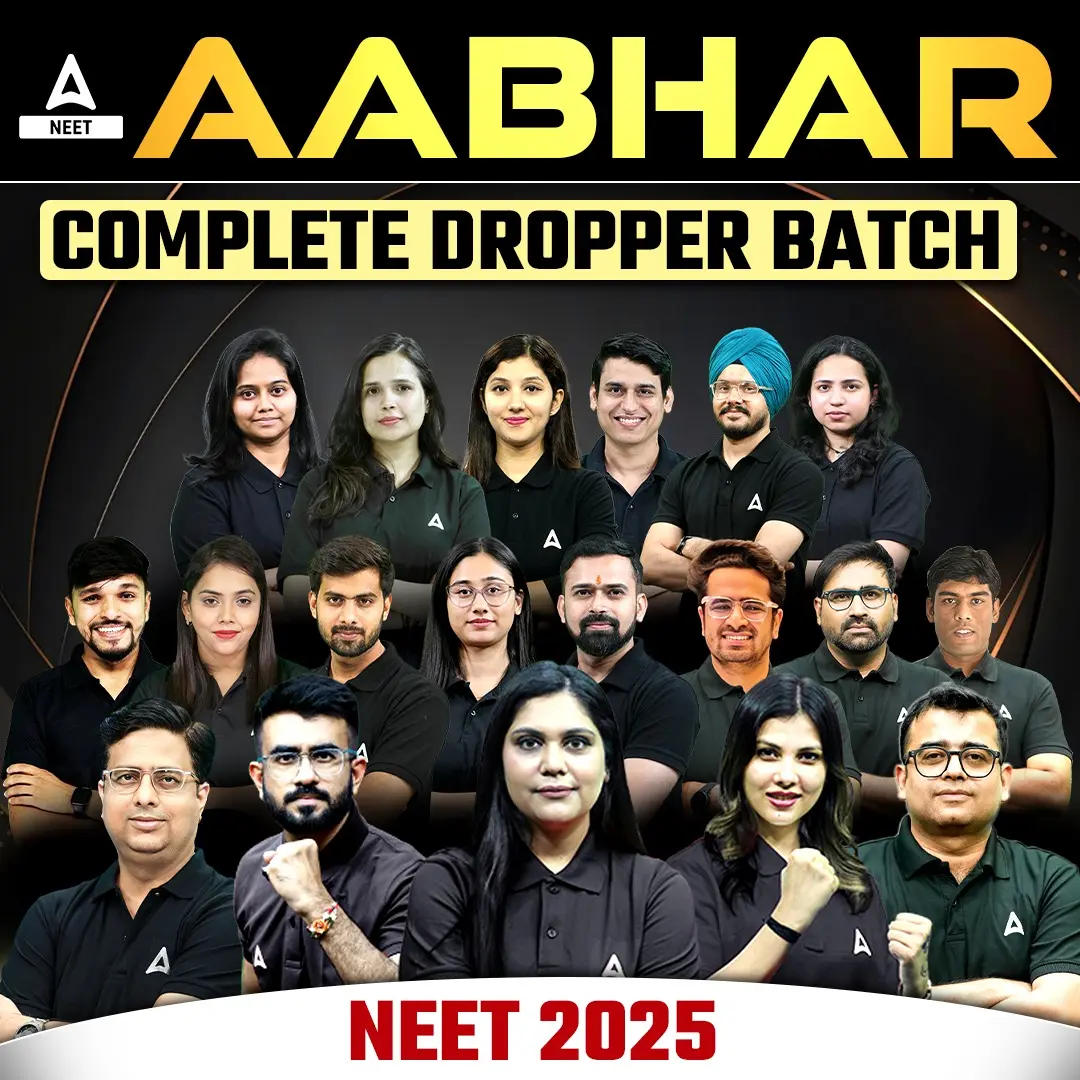Table of Contents
The Bachelor’s degree is chemistry is a highly valuable degree in the field of science. Students who have taken science in their class 12th often want to take admission to the undergraduate program in chemistry but due to inadequate knowledge about the program curriculum, they get confused in opting this course. Toe help students make an informed choice, we are providing them with the standard BSc Chemistry syllabus based on the UGC guidelines. The universities can do some modifications at their personal level, but more or less, the syllabus remains constant across the universities.
BSc Chemistry Syllabus
The BSc Chemistry syllabus consists of topics from Physical, Inorganic and Organic chemistry. The BSc Chemistry syllabus is designed to impart a complete knowledge of all the major concepts in the chemical world. The B.Sc chemistry curriculum consists of subjects like Industrial Chemicals and the Environment, Green Chemistry, and Instrumental Methods of Chemical Analysis, Application of Computers in Chemistry, Organic Chemistry, Analytical Methods in Chemistry Molecule, Physical Chemistry, Modeling, and Drug Design.
BSc Chemistry Syllabus Overview
The Bachelor of Science in Chemistry is a 3-4 year undergraduate program that requires a Science background with Chemistry as the main subject. BSc Chemistry emphasizes the exploration of different areas of chemistry like Inorganic Chemistry, Organic Chemistry, Physical Chemistry, and Analytical Chemistry. The BSc Chemistry syllabus also includes elective courses like Analytical methods in Chemistry, Polymer Chemistry, and Industrial Chemicals and Environment. This blog provides comprehensive information on the BSc Chemistry curriculum, topics, opportunities, and additional details.
| Parameters | Details |
| Course Name | BSc Chemistry |
| Course Level of the program | Undergraduate |
| Duration | 3 Years |
| Admission Process | Merit based/ Entrance Exam |
| Top Entrance Exam | JET, NPAT, BHU UET, SUAT, CUET |
| Eligibility | Eligibility criteria of 10+2 or pass examinations from any recognized board with a minimum of 50 – 55% aggregate mark. |
| Top Colleges | Hindu College, Stella Maris College, Deen Dayal Upadhyaya College, Women’s Christian College, and Mount Carmel College. |
| Average Fees | INR 50,000 – 2 Lakhs |
| Future Education Scope | MSc Chemistry MSc Biochemistry MSc Environmental Science MSc Microbiology MSc Agriculture MSc Forensic Science |
| Job Profiles | Safety Health and Environment Specialist Lab Assistant Production Chemist Scientific Data Entry Specialist Toxicologist Research & Development Manager Clinical Research Specialist |
| Average Salary | 4 Lakhs to 7 Lakhs per annum |
BSc Chemistry Syllabus 1st Year
The first year BSc Chemistry syllabus has been shared below.
- Inorganic Chemistry: In the field of chemistry, an inorganic compound is a type of chemical compound that does not contain carbon-hydrogen bonds, specifically, it is a compound that is not classified as organic.
- Application of Computer in Chemistry: Using computers in Chemistry allows for organizing and recording structures, substructures, and reactions, as well as predicting reaction outcomes.
- Organic Chemistry: Organic chemistry focuses on examining the structure, properties, composition, reactions, and synthesis of carbon compounds.
- Analytical Method in Chemistry Molecule: Analytical chemistry involves methods for detecting, identifying, characterizing, and measuring chemical substances.
B.Sc Chemistry Syllabus 2nd Year
The major syllabus portion for the second year BSc Chemistry program is given below.
- Research Methodology for Chemistry: The methodology for conducting research in Chemistry encompasses various types and approaches, categorization of research, pure versus applied research, exploratory versus formulative research, and other aspects.
- Industrial Chemicals and the Environment: It addresses the excessive use of substances such as plastics, fertilizers, and other artificial chemicals, which have led to harmful impacts on ecosystems and human well-being.
- Green Chemistry: Green chemistry involves creating processes that decrease or eliminate the need for harmful substances to be used or produced. It is relevant throughout the entire lifespan of a chemical product.
- Instrumental Methods of Chemical Analysis: The instrumental techniques for chemical analysis are classified based on the analyte’s property. The primary types of instrumental techniques include spectral, electroanalytical, and separatory methods.
B.Sc Chemistry Syllabus 3rd Year
The BSc Chemistry 3rd year syllabus consists of the following topics.
- Basic Analytical Chemistry: Analytical chemistry is used to identify what substances are present in a sample of material. Quantitative analysis is used to determine the quantity, concentration, or percentage of a substance.
- IT Skills of Chemists: Chemists’ IT abilities encompass drug formulation and development, chemical or forensic analysis, product validation, quality control, and toxicology.
- Chemical Technology and Society: Chemistry plays a vital role in fulfilling our fundamental requirements for food, clothing, shelter, health, energy, and maintaining clean air, water, and soil. Chemical technologies offer novel solutions to challenges in health, materials, and energy consumption.
BSc Chemistry Syllabus Semester Wise
The BSc Chemistry curriculum is split into 6 semesters. Below are the explanations of the topics covered in the BSc Chemistry curriculum semester wise.
| Semester 1 | Semester 2 |
| Inorganic Chemistry | Application of Computer in Chemistry |
| Organic Chemistry | Analytical Method in Chemistry Molecule |
| Physical Chemistry | Modeling and Drug Design |
| Practical Project | Practical |
| Semester 3 | Semester 4 |
| Research Methodology for Chemistry | Industrial Chemicals and the Environment |
| Green Chemistry | Instrumental Methods of Chemical Analysis |
| Polymer Chemistry | Organic Material of Industrial Importance |
| Practical | Practical |
| Semester 5 | Semester 6 |
| Basic Analytical Chemistry | Chemionfications |
| IT Skills of Chemists | Business Skills for Chemists |
| Chemical Technology and Society | Analytical Chemical Biochemistry |
| Practical | Practical |
BSc Chemistry Syllabus Subjects
Subjects in the first year of a Bachelor of Science in Chemistry include Inorganic Chemistry, Using Computers in Chemistry, Organic Chemistry, and Analytical Methods in Chemistry Molecule. In the second year of the BSc Chemistry program, students study Research Methodology for Chemistry, Industrial Chemicals and the Environment, Green Chemistry, and Instrumental Methods of Chemical Analysis. In the third year, students will study topics such as Basic Analytical Chemistry, IT Skills for Chemists, and Chemical Technology and Society.
The majority of colleges and universities adhere to the guidelines mandated by the UGC for creating the syllabus. The subjects covered in the BSc Chemistry program include Inorganic Chemistry, Computer Applications in Chemistry, Organic Chemistry, Analytical Chemistry Methods, Physical Chemistry, Modeling, and Drug Design. The BSc in Chemistry subjects can be divided into Core subjects and Elective subjects.
BSc Chemistry Core Subjects
Core subjects are those subjects which are compulsory in the curriculum. Students will have to study these subjects whether they want to or not. Check the BSc in chemistry program’s core subjects in details below.
| Name of the subject | Details about the subject |
| Inorganic Chemistry | Inorganic Chemistry, a popular subject in UG/PG programmes, focuses on the study of inorganic compounds. Students have the opportunity to explore the characteristics and connections among these compounds in great detail. This consists of metals, organometallic compounds, metallic elements, and minerals.
Some topics covered here include:
|
| Organic Chemistry | Organic Chemistry, one of the two primary divisions of Chemistry, focuses on compounds containing carbon. Typically restricted to different components, this class aims to introduce students to the practical applications of these substances. You can comprehend the functioning of organic reactions as well as the bonding structure and methods between various elements.
Some important aspects covered under this subject include:
|
| Physical Chemistry | This field examines chemical macroscopic features by utilizing Physics principles like movement, strength, power, and thermodynamics, among other things.
Studying it thoroughly is essential to develop a more comprehensive grasp on the functioning of other Chemistry branches. Also, physical chemistry assists in comprehending thermodynamic variables that impact chemical reactions. Some important topics in the syllabus are:
|
BSc Chemistry Elective Subjects
The elective subjects are those subjects in which students get the option to choose as per their liking. Check some of the major elective subjects present in BSc Chemistry program below.
| Subject Name | Subject Details |
| Application of Computers in Chemistry | You will observe the application of computing in Chemistry. You will create computerized models as you categorize structures and reactions, plan syntheses, and construct mechanical pathways. This elective will be beneficial for students who are interested in utilizing computer-aided design for analyzing chemical reactions. |
| Molecular Modelling and Drug Design | The use of molecular modelling and graphics is crucial for examining how molecular structures relate to biological activities. This course aims to enhance comprehension of the research and development process in the pharmaceutical sector. This course includes hands-on activities to assist in reaching the following goals:
|
| Inorganic Materials of Industrial Importance | The aim of this course is to discuss the significance of inorganic elements and materials within an industrial environment. More precisely, it focuses on the manufacturing procedure and related obstacles. Some of the areas discussed within this subject are:
Industrial Gases:This subject includes information about the creation, application, preservation, and difficulties involved in managing gases like nitrogen, argon, oxygen, acetylene, carbon dioxide, and others. Inorganic Chemicals:This subject discusses the difficulties faced in dealing with chemicals like hydrochloric acid, sulphuric acid, nitric acid, sodium thiosulphate, bleaching powder, etc., during production, usage, and storage. Industrial Metallurgy: This part focuses on getting metals (including both ferrous and non-ferrous) ready for use in semiconductor technology. |





 CUET Physics Syllabus 2025 PDF Download ...
CUET Physics Syllabus 2025 PDF Download ...
 CUET Syllabus 2025 for Commerce Students...
CUET Syllabus 2025 for Commerce Students...
 CUET Arts Syllabus 2025 Out: Check CUET ...
CUET Arts Syllabus 2025 Out: Check CUET ...










